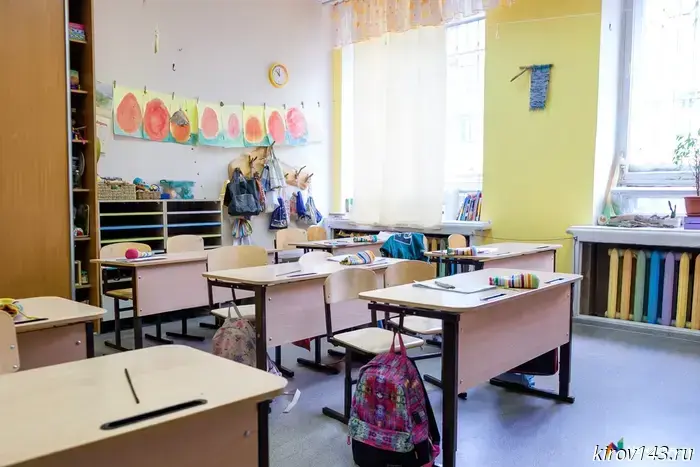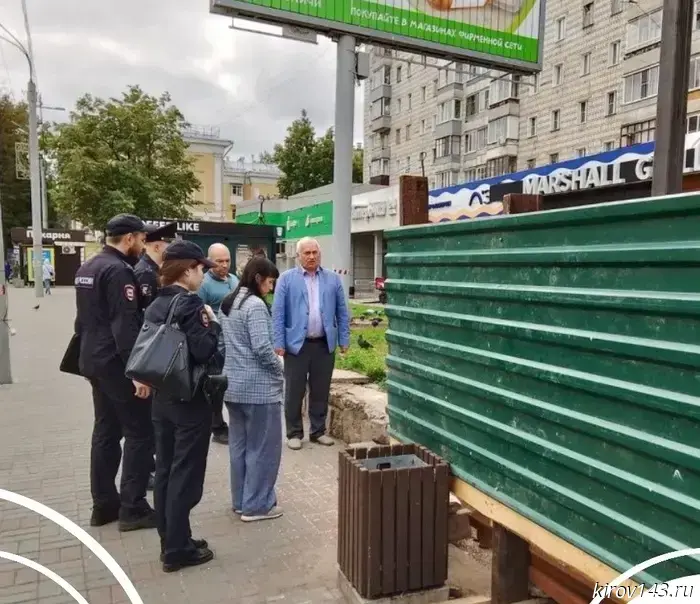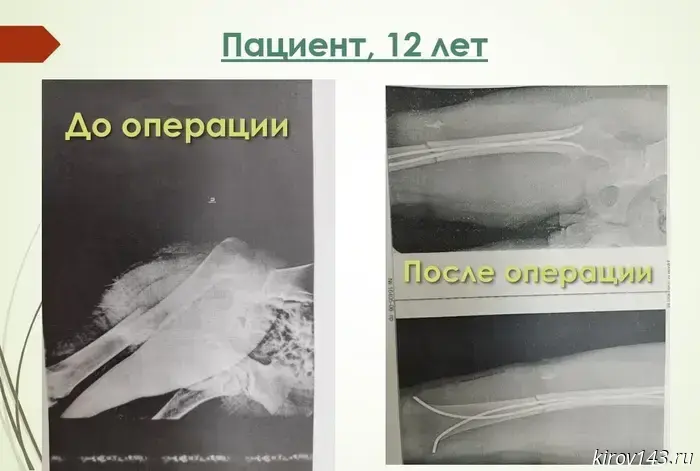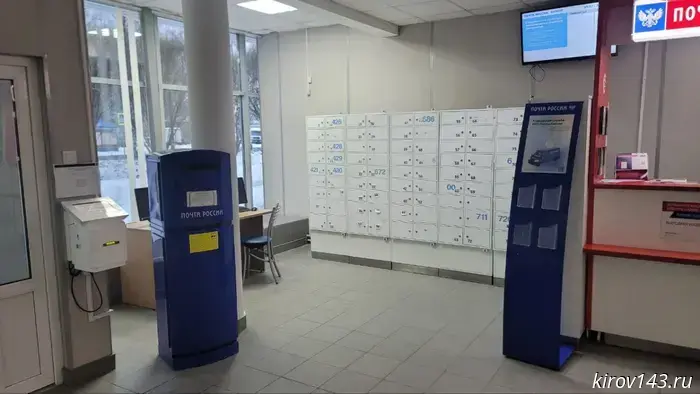
The Civic Chamber proposed to shorten the school education period to increase birth rates.
The Chairman of the Public Chamber of the Russian Federation's Commission on Demography, Family Protection, and Traditional Values, Sergey Rybальchenko, called for reducing the school education period to 8–10 years and revising the duration of university programs. In his opinion, this would help lower the age at which people start families and improve the country's demographic situation.
Rybальchenko believes that the current path from school to professional realization takes too much time: 11 years of schooling, followed by 4 years of undergraduate studies and an additional 2 years for a master's degree. Considering adaptation after university, young people think about starting a family only by the age of 27.
"It is possible to shorten the educational process to 15 years without losing quality: 10 years in school and five for specialization. As a result, a person would enter adult life two years earlier," he stated.
He also proposed introducing family-based taxation, expanding accessible housing programs, including creating family dormitories.
However, most experts did not support the idea. The State Duma dismissed the proposal as ineffective. Deputy Chairman of the Committee on Family Protection Vitaly Milonov said there is no correlation between the length of education and readiness to start a family.
"A girl finishing school at just 18 is unlikely to see this as a serious obstacle to creating a family. It is better to improve the quality of education rather than shorten its duration," Milonov emphasized.
Oleg Smolin, the First Deputy Chairman of the Committee on Education and Science, noted that literacy levels among schoolchildren already cause concern, and shortening the duration would only worsen the situation.
The initiative was also met with skepticism within the State Duma Committee on Enlightenment. Mikhail Berulava described the idea as unfeasible, noting that it is impossible to shorten programs without sacrificing education quality, and that it will not influence family values.
According to the "Registry of Civil Registry Offices" portal, in 2025, the average age of those entering into marriage in Russia continues to rise: 33.1 years for women and 35.2 years for men. In 2021, these figures were lower — 30.7 and 32.8 years, respectively.
Другие Новости Кирова (НЗК)
 The kiosk installation on Vladimirskaya will be suspended.
The owner did not approve the external appearance of the NTO with the administration.
The kiosk installation on Vladimirskaya will be suspended.
The owner did not approve the external appearance of the NTO with the administration.
 A new player has replaced Bogdaev, who left Dynamo.
FC Dynamo Kirov announced the termination of the contract with midfielder Marat Bogdayev and the simultaneous signing of a contract with midfielder Nikolai Kamaev.
A new player has replaced Bogdaev, who left Dynamo.
FC Dynamo Kirov announced the termination of the contract with midfielder Marat Bogdayev and the simultaneous signing of a contract with midfielder Nikolai Kamaev.
 In Kirov, doctors saved two teenagers after a serious accident.
The boys crashed while riding a dirt bike and a motorcycle.
In Kirov, doctors saved two teenagers after a serious accident.
The boys crashed while riding a dirt bike and a motorcycle.
 Over 186,000 residents of Kirov received sick leave payments since the beginning of the year.
Since the beginning of 2025, the Social Fund of Russia's Kirov Region has transferred over 2.4 billion rubles to residents of the region via electronic sick leaves.
A resident of Viatskie Poliany was unlawfully deprived of nine years of work experience.
The prosecutor's office helped a 53-year-old man achieve justice.
Over 186,000 residents of Kirov received sick leave payments since the beginning of the year.
Since the beginning of 2025, the Social Fund of Russia's Kirov Region has transferred over 2.4 billion rubles to residents of the region via electronic sick leaves.
A resident of Viatskie Poliany was unlawfully deprived of nine years of work experience.
The prosecutor's office helped a 53-year-old man achieve justice.
 The postal branch manager is suspected of embezzling 500,000.
Theft of budget funds was detected in Kirov.
The postal branch manager is suspected of embezzling 500,000.
Theft of budget funds was detected in Kirov.
The Civic Chamber proposed to shorten the school education period to increase birth rates.
The head of the demographic commission of the Public Chamber of Russia, Sergei Rybальchenko, proposed restoring the 8–10-year school system so that Russians would get married and have children earlier. The initiative was not supported by either the State Duma or the professional community.
